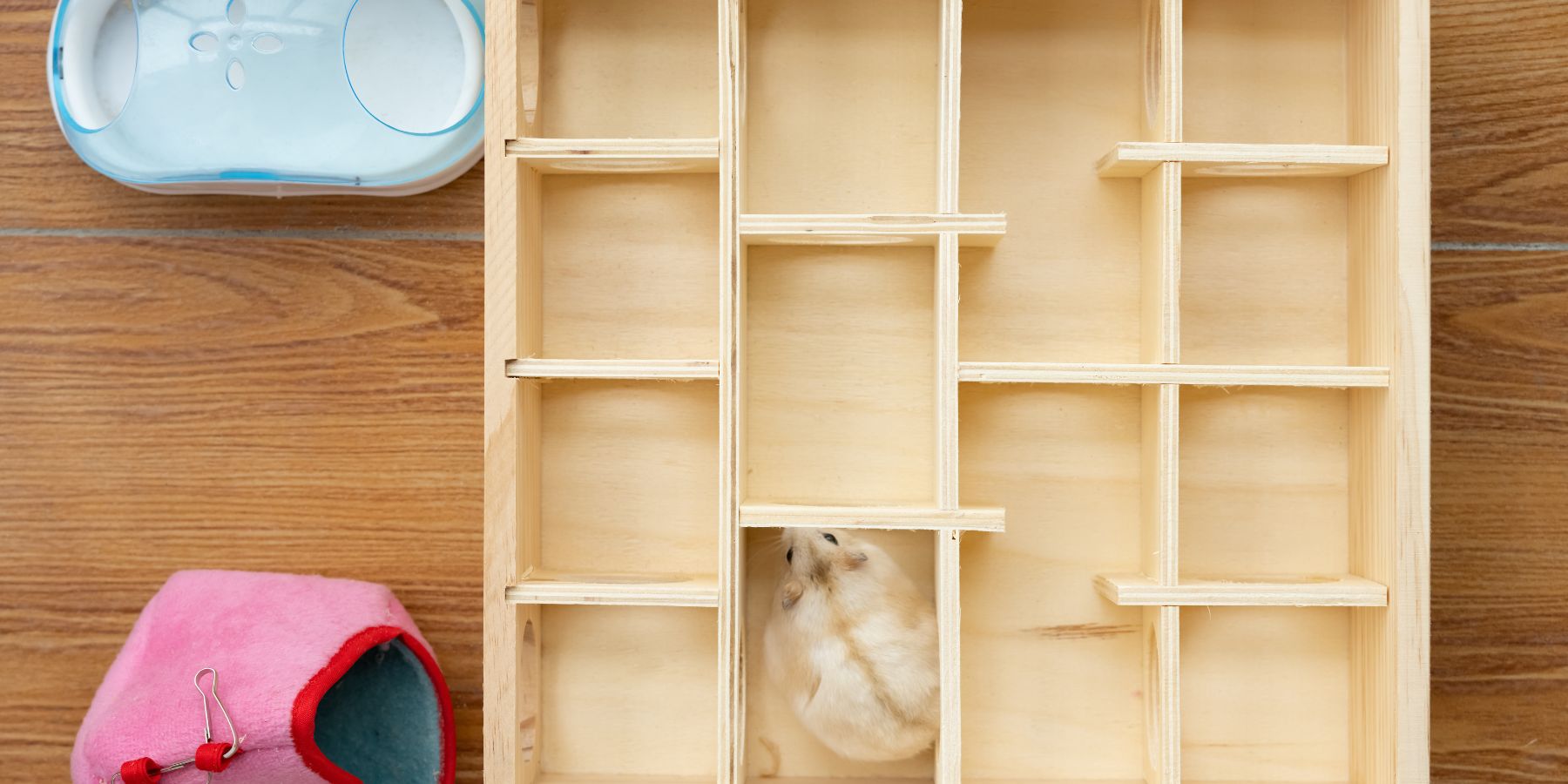Proper nutrition is key to keeping your hamster healthy and happy. While these small pets can eat a variety of foods, certain items should never find their way into a hamster’s diet or their hamster cage. This article provides a comprehensive guide on what foods to avoid giving to your hamster.
Understanding the Basics of Hamster Nutrition
Hamsters have specific dietary needs that must be met for them to thrive. Their diet should consist primarily of hamster pellets, fresh fruits, and vegetables, with occasional treats.
The Importance of a Balanced Diet
A balanced diet is crucial for your hamster’s health. It helps maintain their energy levels, supports a healthy digestive system, and prevents obesity and other health issues.
Common Dietary Mistakes
One common mistake is offering human food that may seem harmless but can be detrimental to a hamster’s health.
Foods That Are Harmful to Hamsters
Certain foods are not only unhealthy for hamsters but can also be dangerous. It’s essential to know these to ensure your furry friend stays safe.
Toxic Foods
Chocolate and Caffeine: These contain substances that are toxic to hamsters and can lead to serious health problems.
Onion and Garlic: Even in small amounts, these can cause blood disorders in hamsters.
Foods That Cause Digestive Problems
Citrus Fruits: Their high acidity can cause stomach upsets in hamsters.
Raw Potatoes: Contain compounds that can be harmful to hamsters.
Avoiding Unhealthy Treats
While it’s tempting to share snacks with your pet, many common treats can be unhealthy for hamsters.
Sugary and High-Fat Foods
Sweets and Baked Goods: These can lead to obesity and diabetes in hamsters.
Fatty Foods: Can cause digestive issues and are not suitable for a hamster’s diet.
Safe Treat Options
Fresh Fruits and Vegetables: Offer these in moderation instead of unhealthy treats.
Proper Food Storage and Handling
How you store and handle food for your hamster is just as important as what you feed them.
Keeping Food Fresh
Proper Storage: Ensure that all food, especially fresh produce, is stored properly to avoid spoilage.
Cleanliness in the Hamster Cage: Regularly clean your hamster’s cage to prevent old or moldy food from accumulating.
Introducing New Foods Carefully
Slow Introduction: When introducing new foods, do so gradually to monitor your hamster’s reaction.
Monitoring Your Hamster’s Health
Observing your hamster’s health can help you determine if their diet needs adjustment.
Watch for Signs of Dietary Issues
Changes in Weight or Behavior: These can indicate problems with their diet.
Regular Health Check-Ups: Regular visits to the vet can catch any nutrition-related issues early.
Adjusting the Diet as Needed
Consult a Veterinarian: If you notice any health concerns, consult a veterinarian for dietary advice.
Conclusion
Feeding your hamster the right foods is crucial for their well-being. Avoid giving them toxic and unhealthy foods, and pay close attention to how they react to new items in their diet. Regular cleaning of their hamster cage and proper food storage are essential to prevent health issues.

